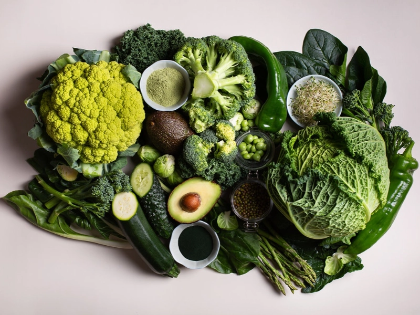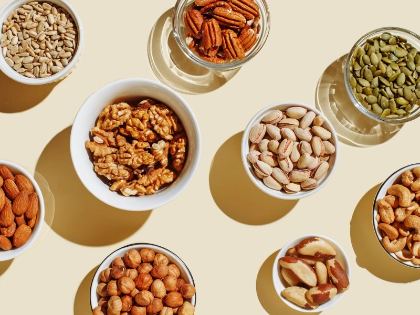The Role of Beef in Supporting Hormonal Balance
1.Recognising Hormonal Balance For general health and well-being, hormonal balance is absolutely vital. Among the many body activities governed by hormones are metabolism, mood, development, and reproduction. Hormones out of balance can cause a range of symptoms including weight gain, mood changes, tiredness, and irregular menstrual cycles. Men and women equally depend on maintaining hormonal balance, and nutrition is rather important in reaching this equilibrium. Among several dietary choices, beef is one that stands out as a great source of nutrients supporting hormonal balance.
2.Beef's nutritional profile A nutrient-dense diet, beef offers a range of vital vitamins and minerals. It is a great supply of premium protein, which is absolutely essential for general body operations and hormone generation. Furthermore included in beef are vital minerals such iron, zinc, and B vitamins—especially B12. While zinc is important for hormone synthesis, especially testosterone and insulin, iron is absolutely vital for oxygen transportation in the blood and energy generation. These elements help beef to be a good complement to a diet meant to maintain hormonal balance.
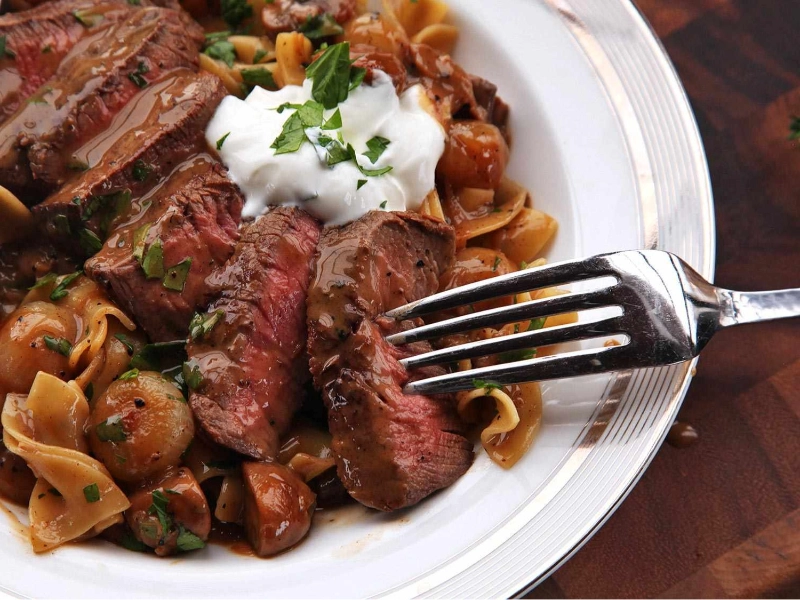
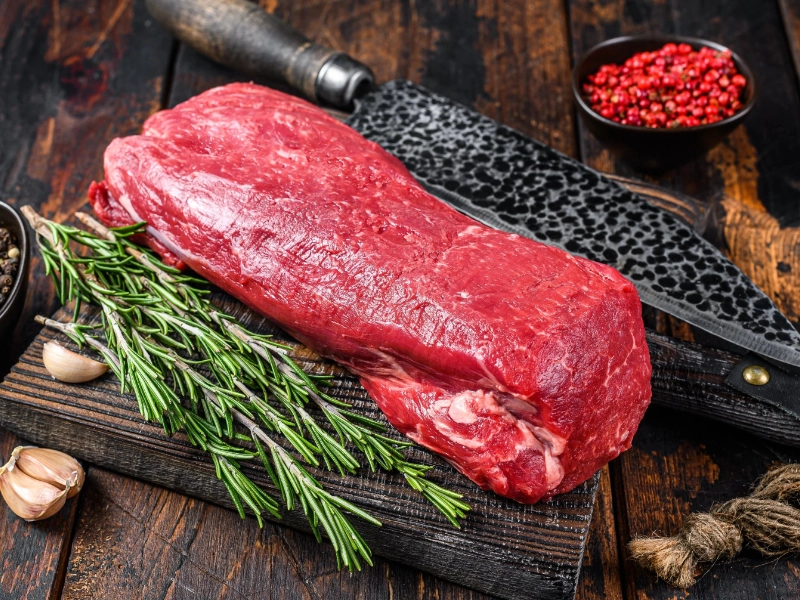 5.Effects of Zinc on Hormones Another essential mineral found in beef that greatly influences hormonal balance is zinc. It is part of the manufacture of thyroid hormones, insulin, and testosterone among other hormones. Maintaining appropriate testosterone levels in males depends on enough zinc, which can influence desire, vitality, and muscle mass. For women, zinc enhances reproductive health and might help reduce symptoms linked with hormonal changes. Including beef in the diet can assist guarantee enough zinc consumption, thereby supporting healthier hormonal balance.
6.B Vitamins and Energy Control B vitamins abound in beef, especially vitamin B12, which is very vital for red blood cell synthesis and energy metabolism. B vitamins can affect hormonal equilibrium and help to control energy levels. For instance, vitamin B6 helps to manufacture neurotransmitters influencing stress reactions and mood. By means of beef and other sources, ensuring sufficient consumption of B vitamins helps boost energy levels and hormonal control, therefore promoting general well-being.
5.Effects of Zinc on Hormones Another essential mineral found in beef that greatly influences hormonal balance is zinc. It is part of the manufacture of thyroid hormones, insulin, and testosterone among other hormones. Maintaining appropriate testosterone levels in males depends on enough zinc, which can influence desire, vitality, and muscle mass. For women, zinc enhances reproductive health and might help reduce symptoms linked with hormonal changes. Including beef in the diet can assist guarantee enough zinc consumption, thereby supporting healthier hormonal balance.
6.B Vitamins and Energy Control B vitamins abound in beef, especially vitamin B12, which is very vital for red blood cell synthesis and energy metabolism. B vitamins can affect hormonal equilibrium and help to control energy levels. For instance, vitamin B6 helps to manufacture neurotransmitters influencing stress reactions and mood. By means of beef and other sources, ensuring sufficient consumption of B vitamins helps boost energy levels and hormonal control, therefore promoting general well-being.
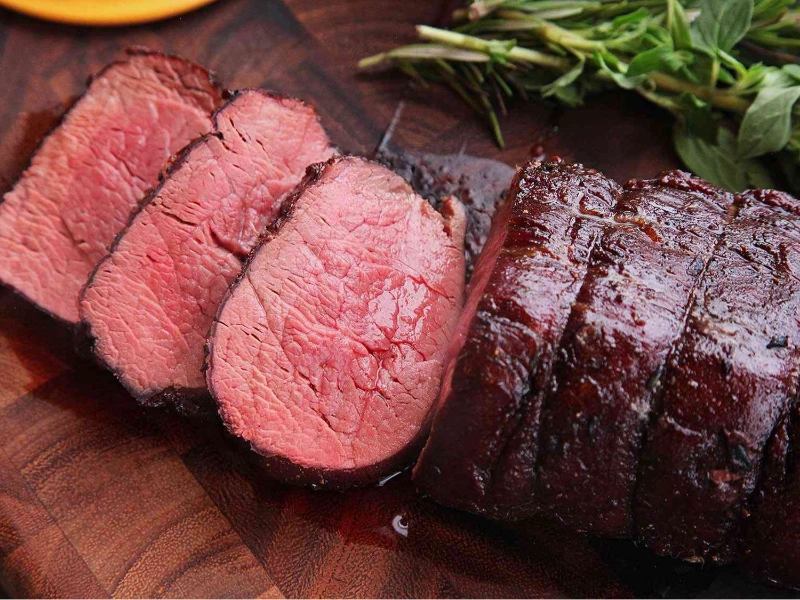 7.How Diet Affects Hormonal Imbalance Hormonal health is highly influenced by diet; consumption of processed foods, too much sugar, and bad fats can cause hormonal imbalance. Including nutrient-dense foods like beef into the diet helps people supply their bodies the vital nutrients required to maintain hormonal balance. Hormonal problems can be lessened with a balanced diet with lean meats, fruits, vegetables, and healthy fats among other whole foods.
8.Balance and Moderation: Diet Though beef can be a good part of a diet meant to maintain hormonal balance, moderation is essential. Eating beef in reasonable amounts together with a range of other foods high in nutrients helps to keep a balanced diet. While including beef into the diet, one must take into account personal dietary requirements and preferences as well as any possible health issues. See a certified dietitian or a healthcare practitioner for individualised advice on foods that support hormonal health.
7.How Diet Affects Hormonal Imbalance Hormonal health is highly influenced by diet; consumption of processed foods, too much sugar, and bad fats can cause hormonal imbalance. Including nutrient-dense foods like beef into the diet helps people supply their bodies the vital nutrients required to maintain hormonal balance. Hormonal problems can be lessened with a balanced diet with lean meats, fruits, vegetables, and healthy fats among other whole foods.
8.Balance and Moderation: Diet Though beef can be a good part of a diet meant to maintain hormonal balance, moderation is essential. Eating beef in reasonable amounts together with a range of other foods high in nutrients helps to keep a balanced diet. While including beef into the diet, one must take into account personal dietary requirements and preferences as well as any possible health issues. See a certified dietitian or a healthcare practitioner for individualised advice on foods that support hormonal health.
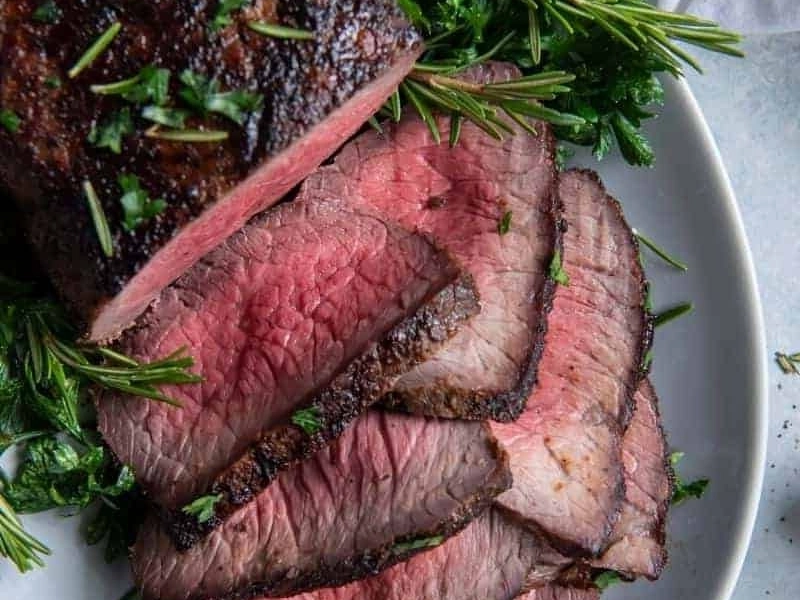 9.Lifestyle elements affecting hormonal balance Apart from eating, several aspects of lifestyle might affect hormone equilibrium. Maintaining hormonal health depends critically on regular physical activity, stress management, and enough sleep. While stress management strategies can lower cortisol levels, a hormone that might upset hormonal balance when raised, exercise can assist control insulin levels and boost general metabolic activity. Combining a balanced diet including beef with good lifestyle choices will help to provide a whole strategy for reaching and preserving hormonal balance.
10.Review of Beef's Function in Hormonal Balance Because of its rich nutritional profile—including premium protein, iron, zinc, and B vitamins—beef significantly supports hormonal equilibrium. Production of hormones, control of energy, and general health all depend on these nutrients. Including beef in a balanced diet helps people supply their bodies the elements they need to keep ideal hormonal equilibrium. Apart from leading a good lifestyle with frequent exercise and stress management, eating beef can help to improve hormonal balance and general well-being.
9.Lifestyle elements affecting hormonal balance Apart from eating, several aspects of lifestyle might affect hormone equilibrium. Maintaining hormonal health depends critically on regular physical activity, stress management, and enough sleep. While stress management strategies can lower cortisol levels, a hormone that might upset hormonal balance when raised, exercise can assist control insulin levels and boost general metabolic activity. Combining a balanced diet including beef with good lifestyle choices will help to provide a whole strategy for reaching and preserving hormonal balance.
10.Review of Beef's Function in Hormonal Balance Because of its rich nutritional profile—including premium protein, iron, zinc, and B vitamins—beef significantly supports hormonal equilibrium. Production of hormones, control of energy, and general health all depend on these nutrients. Including beef in a balanced diet helps people supply their bodies the elements they need to keep ideal hormonal equilibrium. Apart from leading a good lifestyle with frequent exercise and stress management, eating beef can help to improve hormonal balance and general well-being.




